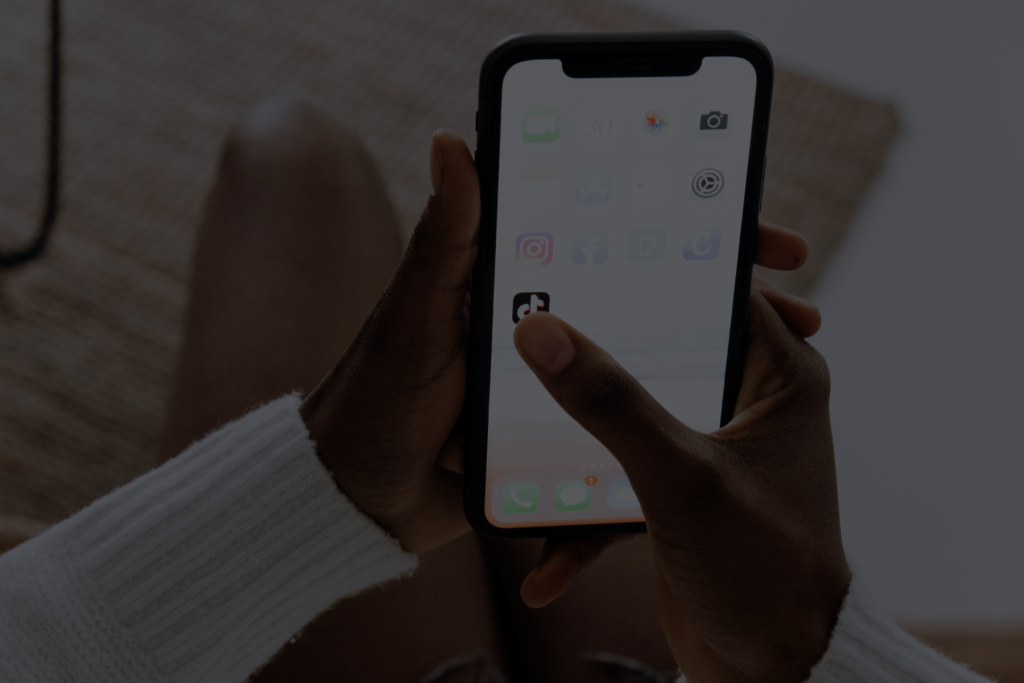In the dynamic world of healthcare, the marketing landscape for pharmaceuticals and medical devices is subject to rigorous regulatory scrutiny. When it comes to promoting these products on social media in the UK, the differences are pronounced. In this blog, we’ll explore ten key distinctions between marketing medicines and medical devices and delve into how we can navigate the regulatory challenges.
What are the differences?
Regulatory Classification
- Medicines: Regulated by the Medicines and Healthcare products Regulatory Agency (MHRA) and subject to strict rules to ensure safety, efficacy, and quality.
- Medical Devices: Governed by the Medicines and Healthcare products Regulatory Agency (MHRA) and require conformity assessment to meet essential safety and performance requirements.
Making Claims
- Medicines: Can make specific claims about curing, preventing, or alleviating diseases. Claims must be substantiated with clinical evidence.
- Medical Devices: Limited to promoting the intended purpose without making therapeutic claims. Emphasis on functionality and performance.
Essential information on content
- Medicines: Advertisements must include detailed product information, side effects, and contraindications.
- Medical Devices: Focus on features, specifications, and usage without therapeutic claims.
Who can you advertise to?
- Medicines: Prescription-only medicines can only be marketed to Healthcare Professionals. OTC medicines can be advertised direct to consumer as well as to Healthcare Professionals (with different messaging)
- Medical Devices: Can be marketed directly to consumers as well as Healthcare Professionals
Where can you promote?
- Medicines: While it may be easier to advertise medicines through traditional advertising channels because of the level of information required, you are also able to promote medicines on social media and through digital advertising.
- Medical Devices: Able to use traditional channels as well as digital means, including influencers.
Endorsements and testimonials
- Medicines: There are strict limitations on the use of endorsements and testimonials. A testimonial for a medicine must always remain compliant with the code, and cannot be endorsed by a HCP.
- Medical Devices: Medical devices can be endorsed by HCPs and influencers and customer testimonials can be used to share the benefits of the product.
Monitoring
- Medicines: When promoting medicines online you must continuously monitor any comments from consumers for potential adverse effects and product efficacy complaints.
- Medical Devices: There is an emphasis on post-market monitoring for device safety and performance.
User-generated content
- Medicines: As previously mentioned, because testimonials need to be compliant with the code, user-generated content can be tricky to use but is 100% possible.
- Medical Devices: Encouraged for showcasing real-world usage experiences, within regulatory boundaries.
Data Privacy and Consent
- Medicines: Strict adherence to data protection laws and patient consent for personal health information.
- Medical Devices: Similar considerations but with a focus on demonstrating device usability and functionality.
Educational content
- Medicines: If doing disease awareness, educational content is restricted to approved information about diseases and treatments.
- Medical Devices: Opportunities to educate users about the technology, benefits, and proper usage.
How to work around these restrictions
Educational Campaigns:
- Develop educational campaigns to inform users about medical conditions and the role of both medicines and devices in managing them.
Engage Healthcare Professionals:
- Collaborate with healthcare professionals for credible endorsements and to disseminate information to a wider audience.
User-generated Stories:
- Encourage users to share authentic stories and experiences with medical devices within regulatory boundaries.
Interactive Content:
- Create interactive content to engage audiences while maintaining adherence to regulatory guidelines.
Digital Platforms:
- Utilise digital platforms for medical devices, leveraging the flexibility in conveying concise yet impactful information.





